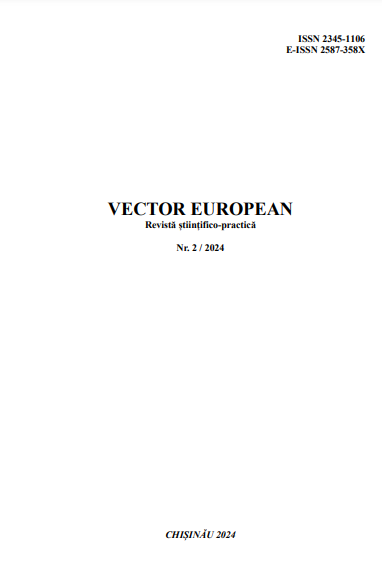BASIC INSTITUTIONS OF ROMAN INHERITANCE LAW
BASIC INSTITUTIONS OF ROMAN INHERITANCE LAW
Author(s): Olga TatarSubject(s): Law, Constitution, Jurisprudence, Sociology of Law, Roman law
Published by: Universitatea de Studii Europene din Moldova
Keywords: institute; inheritance; will; law; legal; capacity; property rights of a person; refusal;
Summary/Abstract: In this article, the author analyzes in detail the institution of inheritance and types of inheritance. Inheritance - the transfer of property, rights and obligations of the owner in connection with his death to one or more other persons by law or by will. The inheritance included the property rights of the testator, which is not the case for family and personal rights that were not inherited. The need for inheritance was assumed in the case when certain heads of the family began to accumulate property, the rights to which should have been transferred after death to someone. The following types of inheritance were distinguished: inheritance by will and inheritance by law. Inheritance by will was subject to the will of the testator, who disposed of all the property. Testamentary law was recognized for Roman citizens with legal capacity and legal capacity. Persons who found themselves in “alien power”, Latins, slaves could not act as testators. When the next of kin of the deceased were not indicated in the will, they were entitled to petition for the annulment of this will.
Journal: Vector European
- Issue Year: 2024
- Issue No: 02
- Page Range: 66-70
- Page Count: 5
- Language: English

